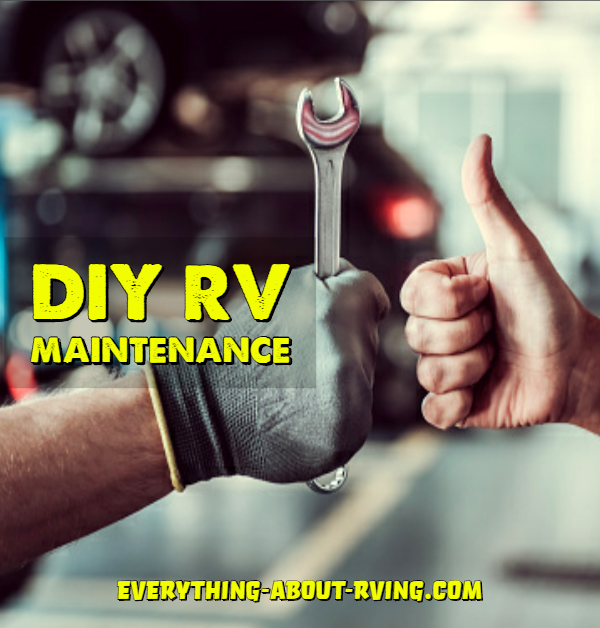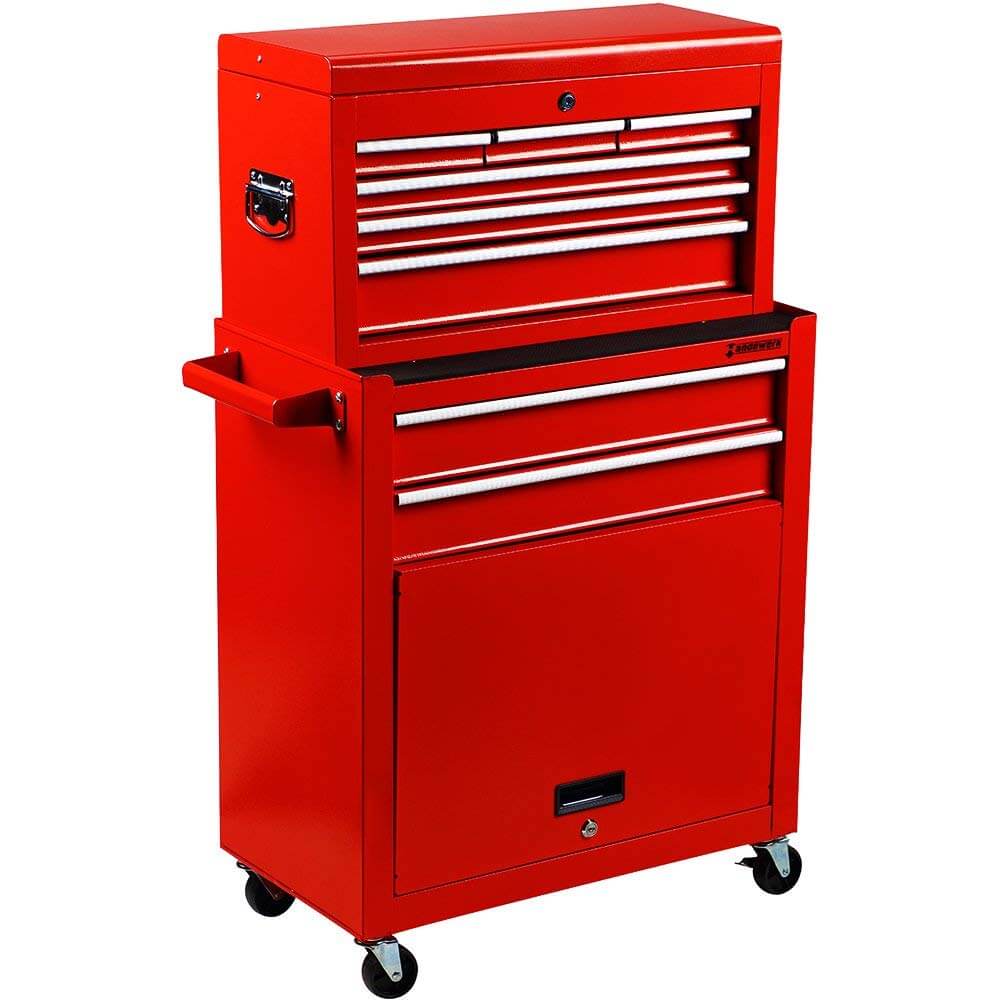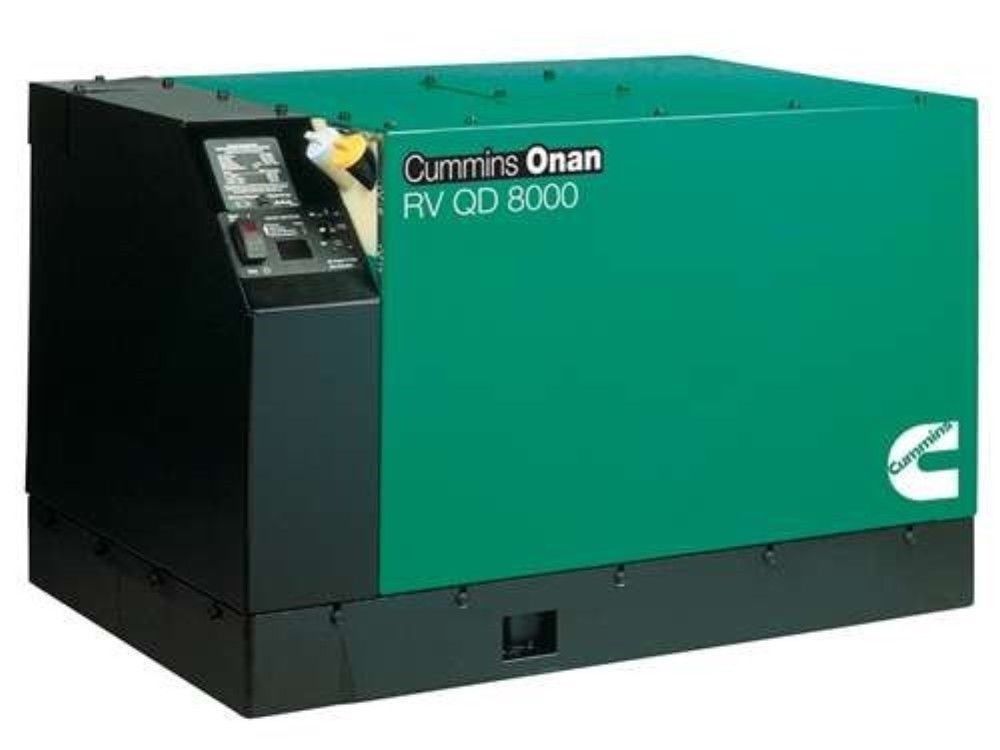DIY
RV Maintenance
Understanding when to choose the do-it-yourself (DIY) path or when to rely on the professionals is an important RVing lesson
By
FMCA & the “RV Doctor” Gary Bunzer
To DIY or Not: When Should I Call a Mechanic?
Understanding when to choose the do-it-yourself (DIY) path or when to rely on the professionals is an important RVing lesson. Know your options with these tips from FMCA and the “RV Doctor” Gary Bunzer.
Types of Service
Simply put, there are two types of RV service - crisis repairs and preventive maintenance. RVers need to stay on top of preventive maintenance to lessen the chance of an emergency repair situation.
Many RVers choose to take care of their RV’s preventive maintenance tasks on their own. These tasks are often seasonal to-dos, such as checking seals, checking fluid levels, cleaning air filters, and performing battery maintenance.
However, before you take on anything yourself, know the details of your RV’s factory warranty period. Oftentimes, during this period, all repairs should be performed by a certified technician. In some cases, warranties may be voided if unauthorized tasks are performed.
To DIY or Not?
So should you even consider performing maintenance tasks on your RV yourself?
An RV owner who performs routine service typically
- is mechanically inclined or has past automotive experience.
- has an impressive assortment of hand tools and testers.
- has a keen interest in RV technology.
- camps in remote areas far from RV service centers.
- has a technical aptitude.
- is or has been a full-time RVer.
If you recognize yourself in these listed characteristics or are wondering whether or not you should attempt a maintenance task, here are a few points to consider. Keep in mind that this list is not all-inclusive and all items may not apply evenly across the board.
Know your physical limitations
Ask yourself if you can physically perform a task. For some maintenance tasks, you will have to crawl under the RV or into a tight space.
Review your mechanical and technical aptitude
Admit when the subject is beyond your knowledge base. There is no need to be a hero. You definitely do not want to risk converting a simple maintenance task into a costly crisis repair! It will cost substantially more to undo an error than to make an appointment with a service center.
Have a willingness to learn

Woodall's RV Owner's Handbook, 4th Edition (Do-it-Yourself Maintenance & Repair) the “RV Doctor” Gary Bunzer
If you want to be able to perform routine maintenance items, be willing to do a little homework. Servicing propane-related appliances and components, for instance, mandates a basic understanding of the electronic and gas operation sequences. Learning requires reading and studying the literature that came with your RV. In cases where the owner’s manual has disappeared, check online or contact the manufacturer directly. Most manufacturers are more than willing to provide the manual you need.
Be properly equipped
Some maintenance tasks require specialty tools, such as the long flue brush needed for cleaning and servicing an RV refrigerator. If you commit to performing tasks that need a specific tool, evaluate if the cost is really a savings in the long run. Also, can you easily purchase replacement parts? Even the most routine maintenance tasks can require purchasing new parts. An example: the replacement gaskets needed when performing RV furnace cleaning maintenance.
Consider the time factor
Always plan your approach to any maintenance task appropriately. Realize that all maintenance requires time. Be sure to allot enough time to the task. You are more likely to omit a step or make a mistake if you are under pressure to complete a task hurriedly. Remember, the next time you perform that same task, the time element will be reduced.
If you feel comfortable with the points above, you are probably a good candidate to tackle an RV maintenance project on your own.
How to Succeed at DIY
If you feel like you just may qualify as an RV DIY-er, the following suggestions will help you get started:
Control your work area
Having a clean work area is vital in avoiding confusion and keeping the RV clean. When servicing the appliances, for example, it is best to perform the maintenance tasks with the appliances left in the installed positions. An exception would be the RV furnace. Sometimes better results are attained if the furnace is removed and the work performed outside of the RV. Proper preparation will make any task easier.
Prepare your replacement parts
When you begin a task, have all replacement parts prepared and laid out for easy access. If the new parts need any type of pre-assembly, do it before you become engrossed in the task. If some pieces in a repair kit will not be needed, separate them prior to beginning. This will simplify your repair and avoid confusion later when you’re left with unused parts.
Obtain the necessary support materials
Have all wiring diagrams, service notes, installation instructions, etc. before starting the job. If you feel you may need more support information, postpone the maintenance until you have all the resources. A prime example would be if you are performing maintenance on any electrical item. Have a wiring diagram or schematic available. Most diagrams are usually included in the owner’s literature, and many will accompany the replacement part kits.
Have a back-up vehicle
This is especially important if you are servicing a motorhome and it’s your only mode of transportation. It’s always advisable to have another available vehicle just in case. Whether it’s a neighbor’s truck or a second vehicle of your own, always plan to have transportation available in case of an emergency or if you forgot a part.
Establish a relationship with a local RV service facility
This step is vital. Even though you wish to perform RV maintenance yourself, always get to know a local dealer or service center in your area. Aside from being there to order parts for you, techs can be a good source of information. They should work with you and not feel threatened that you elect to perform some of your own maintenance tasks. Obviously, you will need to rely on them for any task you decide not to pursue. All major repairs and many items that require specialty equipment are best left to the professionals.
A tip on RV generators
Never attempt to adjust your RV generator yourself. This is definitely better left to your service shop. Many specialty tools are required since the generator needs to be load-tested while making governor and carburetor adjustments. Load banks and specialty testers are beyond the scope of the DIY-er. With an RV generator, every mechanical adjustment that is made has an electrical result. You cannot tune a generator by ear.
A tip on propane regulators
Never attempt to adjust the propane regulator without the use of a water column manometer. Changes in the delivery pressure, which is crucial to each appliance, cannot be determined by visually watching a burner flame. Too high gas pressure will damage many appliances, while too low of a delivery pressure will result in improper combustion and inefficient appliance operation.
Be a Confident RV DIY-er!
By carefully evaluating your technical expertise, gathering a resource library, acquiring the proper tools and parts, and having the right attitude, you may be a great candidate for RV DIY tasks. Many RVers find that performing their own RV maintenance is a source of pride, peace of mind, and enjoyment. Wishing you luck in your maintenance ventures and the ability to admit when you need to call a professional!
About The Author
FMCA RV Club brings you this monthly tech tip to Enhance Your RV Lifestyle. FMCA delivers RV know-how to its members. Learn more at FMCA.com.
This information is for educational purposes. FMCA shall not be responsible nor retain liability for RVer’s use of the provided information. Prior to making any RV service decision, you are advised to consult with an RV professional.
Do you have any suggestions or comments on this topic? You can add them to this page by using the comments section located below.


